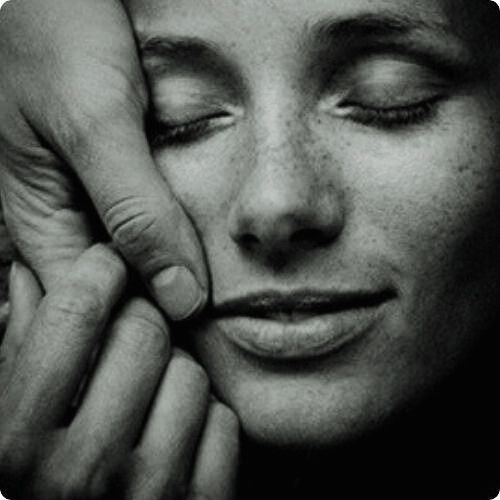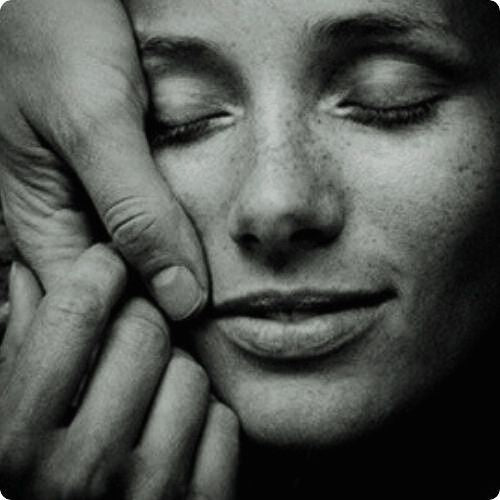
Why We Should Write Love Letters Again
Share
How Einstein’s heart taught me to cherish the pause between words
It started, quite unexpectedly, with Einstein.
Not the genius who bent space and time, but the man who whispered “Mein Luderle,” my little minx, to the woman he loved.
I met him, or rather his trace, one cold and sunlit November in Bern. My husband and I had arrived a few days before my business trip began, hoping for nothing more than a quiet weekend together, a small escape and a few hours just for us. We knew Switzerland well enough to expect calm predictability. But I’ve learned that love often hides in the smallest corners of routine.
The air was crisp, our breaths visible like delicate smoke. True to our habit, we chose to sit outside for coffee, stubborn romantics who defy the season. The locals were the same, wrapped in wool, their cheeks glowing from the cold, cups steaming between mittened hands. It was the kind of morning that makes you feel both alive and tender at once.
Our main goal that day was to visit the Einstein Museum. As engineers, both of us share a quiet fascination for the mind that rewrote the universe. But the museum didn’t begin with formulas. It began with a bedroom.
A modest, creaking space with a narrow bed, Einstein once shared with his wife, Mileva Marić. On the walls, letters - their handwriting uneven and alive - whispered through the air. You could almost hear his voice reading them aloud, “Mein Luderle…” tender, teasing, utterly human.
And I began to think about love letters.
When had I last written one? When had I last received one?
The Forgotten Ritual
In our world of instant messages, love letters seem almost absurdly slow, an endangered species in the age of speed. Yet there’s something sacred about holding paper that has absorbed another person’s emotion. Ink as pulse. Texture as proof.
When I returned home, I found myself searching through old boxes filled with letters from friends, cousins, and first loves. Folded memories. Some were confessions, others were goodbyes. Reading them, I was suddenly transported into my younger self: hopeful, in love, and sometimes heartbroken. Alive in ways that messages on a screen could never recreate.
Each word carried a physical trace: the indentation of a pen pressed too hard, a scent from another place, a corner softened by time. Those letters weren’t perfect. They were human.
I smiled as I read them, thinking of who I was, who they were, and how much courage it once took to say I love you in ink.
The Present Tense of Love
I’m lucky. I still receive love letters.
Small notes left beside the coffee machine before a flight. A folded square slipped into my handbag. Sometimes they’re just a few words, like “For my favorite distraction” or “Be gentle with the world today.”
I don’t rush to read them. I notice myself already smiling before even opening the envelope. I touch the paper first, feel the weight of the gesture, and then unfold it slowly, the way one unwraps something sacred.
In those moments, I realize happiness isn’t a grand event. It’s a collection of such pauses, small, deliberate acts of love that make time stand still.
The Physics of the Heart
Einstein once wrote to Mileva about infinity, but perhaps he didn’t only mean the cosmos. Maybe he was speaking about love, how it bends and expands, how its presence distorts time.
Their letters revealed an intellectual partnership, a love that existed between equations and laughter. His Luderle wasn’t a muse to be idealized but a mind to be met.
Later, his letters to Elsa, too, carried tenderness and guilt, warmth and contradiction. They remind us that even brilliance cannot rationalize love; it must be felt, not solved.
And that, perhaps, is the most human truth of all: our hearts are as complex as our theories, and just as infinite.
The Legacy of Love Letters
History has preserved the correspondence of those who dared to write their emotions.
Kafka, writing to Milena Jesenská: “Ich habe ein Wort gefunden, das mir das Herz zerreißt: Einsamkeit.” (“I’ve found a word that breaks my heart: solitude.”)
A single sentence that captures the ache and beauty of love’s solitude.
These letters, now bound in archives or auctioned at Christie’s, are not relics of romance. They are proof that the heart once spoke in handwriting, that love once required time, courage, and intention.
Why We Should Write Again
In a world full of notifications, a letter is an act of rebellion.
It asks us to pause. To feel before we send. To craft rather than react.
Writing a love letter is an act of mindfulness, a ritual that slows thought into meaning. The pen doesn’t forgive haste. It demands presence.
A handwritten letter doesn’t just say I love you.
It says: You’re worth my time, my attention, and my pause.
How to Begin
If you decide to write one, and I hope you do, start not with eloquence but with truth.
1. Set an intention. Think about what you feel about the other person and what you want the other person to feel when they read your letter.
2. Tell your story. Remember when you first met, or when the silence between you felt like music.
3. Let the words wander. A love letter doesn’t need structure. It needs sincerity.
4. Add a scent, a touch. Maybe a spritz of your perfume, or a wax seal. Make it tangible.
5. End with hope. Love, after all, is a promise whispered into the future.
A Thought to Keep
If a letter could survive centuries, what would you want yours to say?
If someone found it a hundred years from now, would they understand who you were - and who you loved?
Maybe it’s time to write your own.
Would you like to share your story in our Pause section?
Apolliana – Love in all kinds.
A space for reflection, emotion, and the art of slowing down.
References:
https://www.bhm.ch/en/exhibitions/einstein-museum
https://www.youtube.com/watch?v=YDOWMgnWppA
https://en.wikipedia.org/wiki/Mileva_Mari%C4%87
https://www.dw.com/en/einstein-letters-reveal-scientists-love-of-women/a-71024204
https://www.themarginalian.org/2015/07/27/albert-einstein-mileva-maric-love-letters/
https://www.google.at/books/edition/Albert_Einstein_Mileva_Maric/KdPgDwAAQBAJ?hl=en&gbpv=0

YYB
Learn MoreDescription YYB
